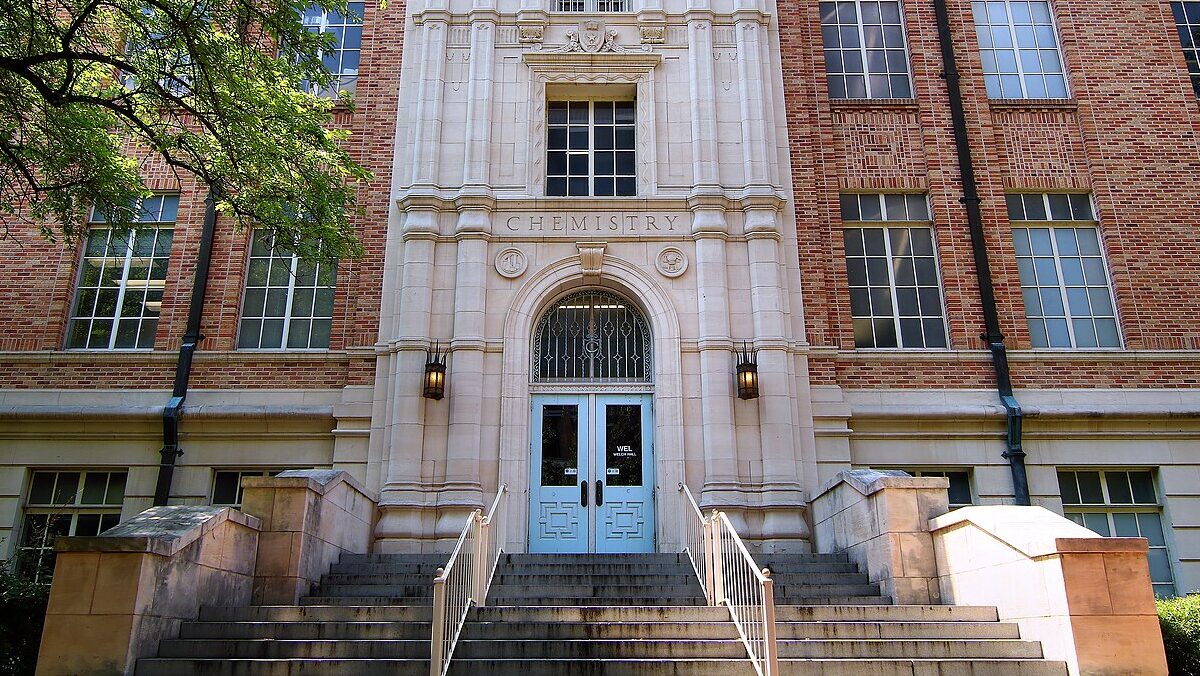Since Charlie Kirk, the founder of Turning Point USA, was shot and killed on Sept. 10 during a campus event at Utah Valley University (UVU) in Orem, reactions from colleges have varied, offering both warning and hope for the future of the nation.
Explainer Charlie Kirk Overview
Claira Albright, a freshman at the University of Austin (UATX), conducted an informal survey among peers at other universities to gather official reactions to Kirk’s assassination. Out of 10 schools surveyed, only Drake University sent a communication addressing the incident, which focused on bullying rather than political violence.
The remaining nine institutions—Arizona State, Butler University, Brigham Young, Colorado State, Front Range Community College, University of Idaho, Montana State, Savannah College of Art and Design, and University of Virginia—did not issue any statements opposing political violence or reaffirming their commitment to free speech.
This silence may reflect either indifference towards Kirk, a conservative activist, or a reluctance to offend predominantly left-leaning students and faculty. Critics argue that this inaction contradicts the principles these colleges profess, particularly their commitment to fostering open dialogue.
Heather Mac Donald noted that Kirk's murder on a college campus underscores the prevailing ethos that equates speech with violence, which can lead to silencing dissenting opinions. The failure of many colleges to respond to Kirk's murder raises concerns about the culture of intolerance on campuses.
In contrast, UATX took a proactive stance. The day after Kirk's murder, Dean Ben Crocker sent an email to students reaffirming the university's commitment to free speech and outlining security measures in place. Albright found this response timely and reassuring, highlighting UATX's dedication to fostering an environment of open discourse.
Albright expressed concern over the rise of political violence and its potential to further divide the nation. Among her peers, sentiments vary, with many expressing pessimism about the future. However, some student organizations, such as the Young Democrats and Young Republicans of Connecticut, have united to denounce political violence, reflecting a desire for civil discourse.
At a vigil at Duke University, sophomore Trevor Darr emphasized the importance of respecting differing opinions, aligning with Kirk's approach to debate. This illustrates a potential shift towards more civil engagement among students.
The reactions from colleges following Kirk's assassination reveal both troubling trends and signs of hope. While many institutions remain silent, UATX stands out for its commitment to free speech and safety, suggesting that the movement for civil debate may continue to grow in the wake of Kirk's legacy.
Why it matters
- Charlie Kirk's assassination highlights a troubling trend of silence among universities regarding political violence, raising concerns about free speech.
- The lack of responses from most colleges may indicate a reluctance to confront political issues, potentially undermining their commitment to open dialogue.
- UATX's proactive response contrasts sharply with other institutions, emphasizing the importance of free speech and security on campus.
What’s next
- Student organizations are encouraged to unite against political violence and promote civil discourse in light of recent events.
- Colleges may face pressure to address their stance on free speech and political violence in upcoming discussions or forums.

